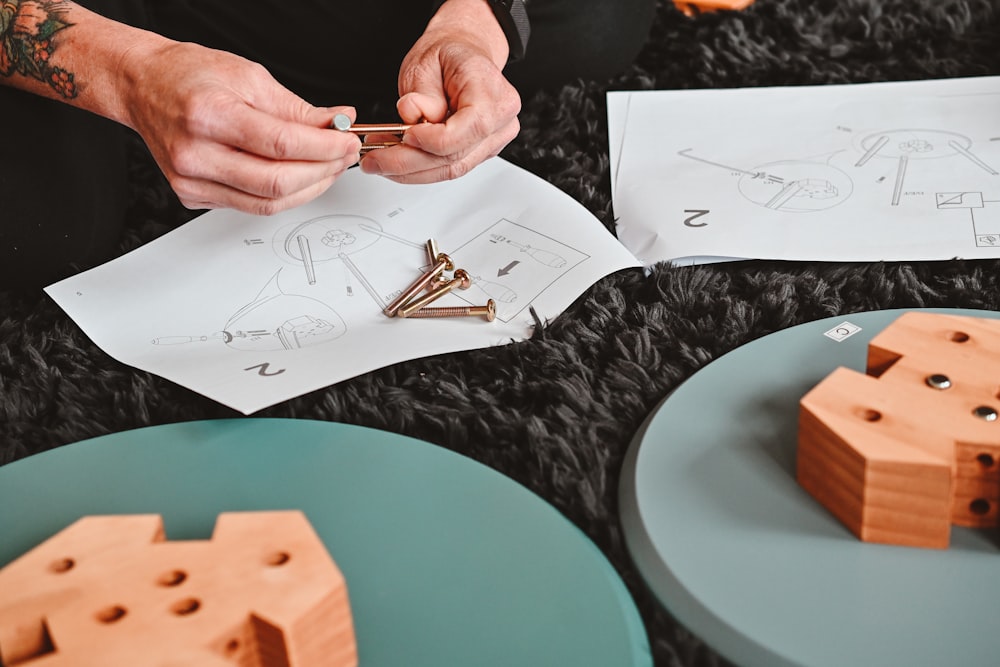
The Rise of DIY Genetic Testing Kits in Healthcare
In recent years, there has been a notable surge in the popularity of do-it-yourself (DIY) genetic testing kits within the healthcare landscape. These kits, which allow individuals to analyze their genetic makeup from the comfort of their own homes, have sparked a wave of interest and discussion among healthcare professionals, policymakers, and the general public alike. This article delves into the various facets of this trend, exploring its implications, benefits, challenges, and potential impact on the future of healthcare.
Understanding the Appeal of DIY Genetic Testing Kits
One of the primary reasons behind the growing popularity of DIY genetic testing kits is the increased accessibility they offer to individuals who are curious about their genetic heritage, ancestry, or potential health risks. Traditionally, genetic testing was mainly conducted in clinical settings and often required a healthcare provider’s involvement. However, with the advent of DIY kits, people can now order a kit online, collect their DNA samples at home using a simple saliva or cheek swab, and send the samples to a laboratory for analysis.
Empowering Individuals with Genetic Insights
Another significant aspect of DIY genetic testing kits is their ability to empower individuals with valuable insights into their genetic predispositions. By providing information about one’s ancestry, genetic traits, and potential health risks, these kits enable individuals to make more informed decisions about their lifestyle choices, healthcare management, and preventive measures. For example, someone who discovers they have a genetic predisposition to a certain medical condition may choose to undergo regular screenings or adopt specific lifestyle changes to mitigate the risk.
Challenges and Ethical Considerations
Despite their appeal and potential benefits, DIY genetic testing kits also come with several challenges and ethical considerations. One of the main concerns is the accuracy and reliability of the results obtained from these kits. While many companies claim to provide accurate genetic information, there have been instances of discrepancies and misinterpretations in test results. This raises questions about the quality control measures, validation processes, and regulatory oversight governing the use of these kits.
Navigating Privacy and Data Security Issues
Privacy and data security are additional areas of concern associated with DIY genetic testing kits. Since these kits involve the collection and analysis of sensitive genetic information, there are risks of unauthorized access, data breaches, and misuse of personal data. Consumers need to be aware of the privacy policies, data encryption practices, and consent mechanisms implemented by companies offering these kits to ensure the confidentiality and security of their genetic data.
The Role of Healthcare Professionals
Amidst the growing popularity of DIY genetic testing kits, the role of healthcare professionals remains crucial. While these kits empower individuals with genetic insights, they should not replace the expertise and guidance of qualified healthcare providers. Healthcare professionals play a vital role in interpreting genetic test results, providing counseling and support, and helping individuals understand the implications of their genetic information in the context of their overall health and well-being.
Future Trends and Considerations
Looking ahead, the widespread adoption of DIY genetic testing kits is likely to continue shaping the landscape of healthcare. Advances in technology, data analytics, and personalized medicine may further enhance the accuracy, affordability, and accessibility of genetic testing. However, it is essential to address the challenges related to regulation, quality assurance, privacy protection, and ethical standards to ensure the responsible use and integration of DIY genetic testing into mainstream healthcare practices. Read more about Rising trend of DIY genetic testing kits and their implications for healthcare






